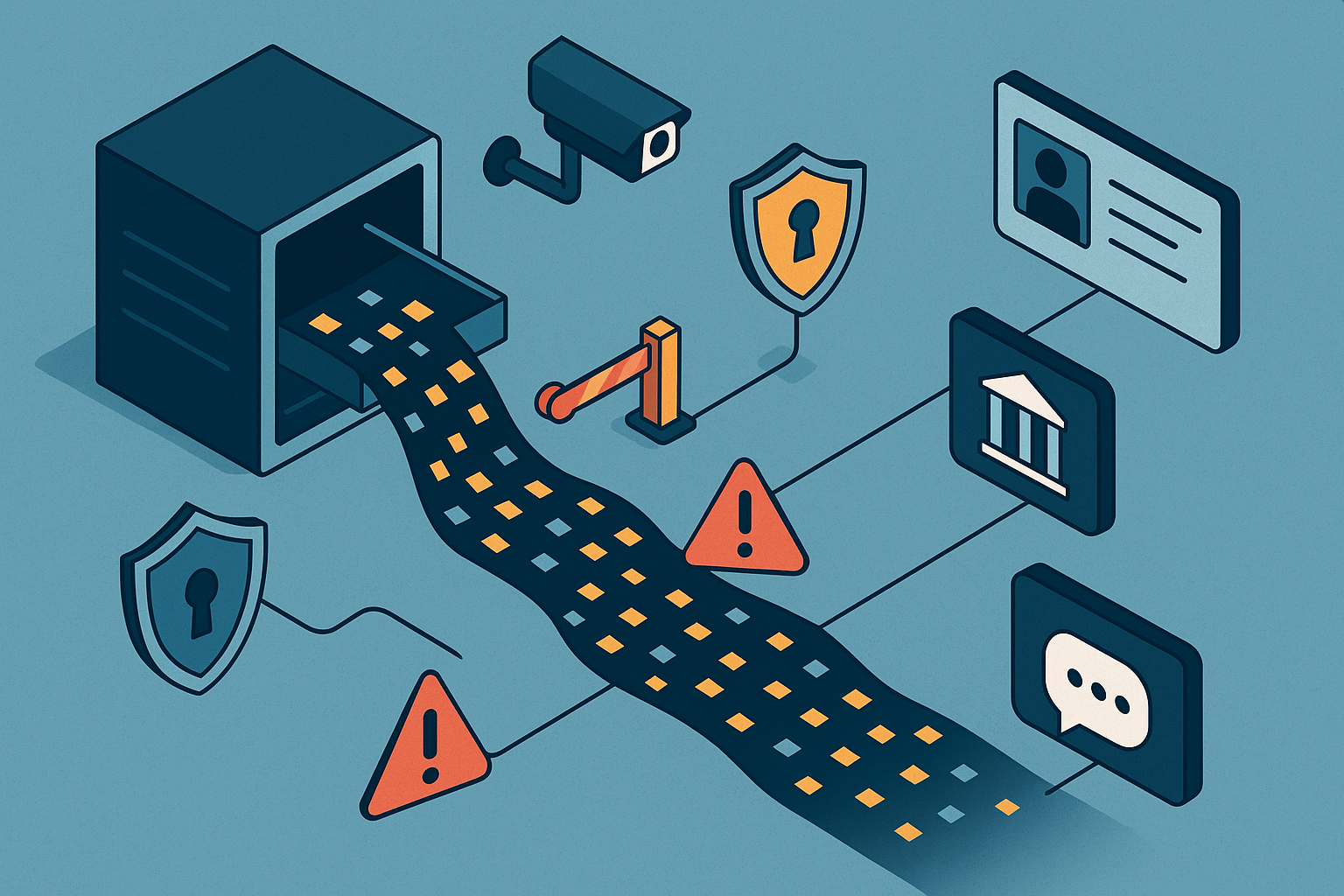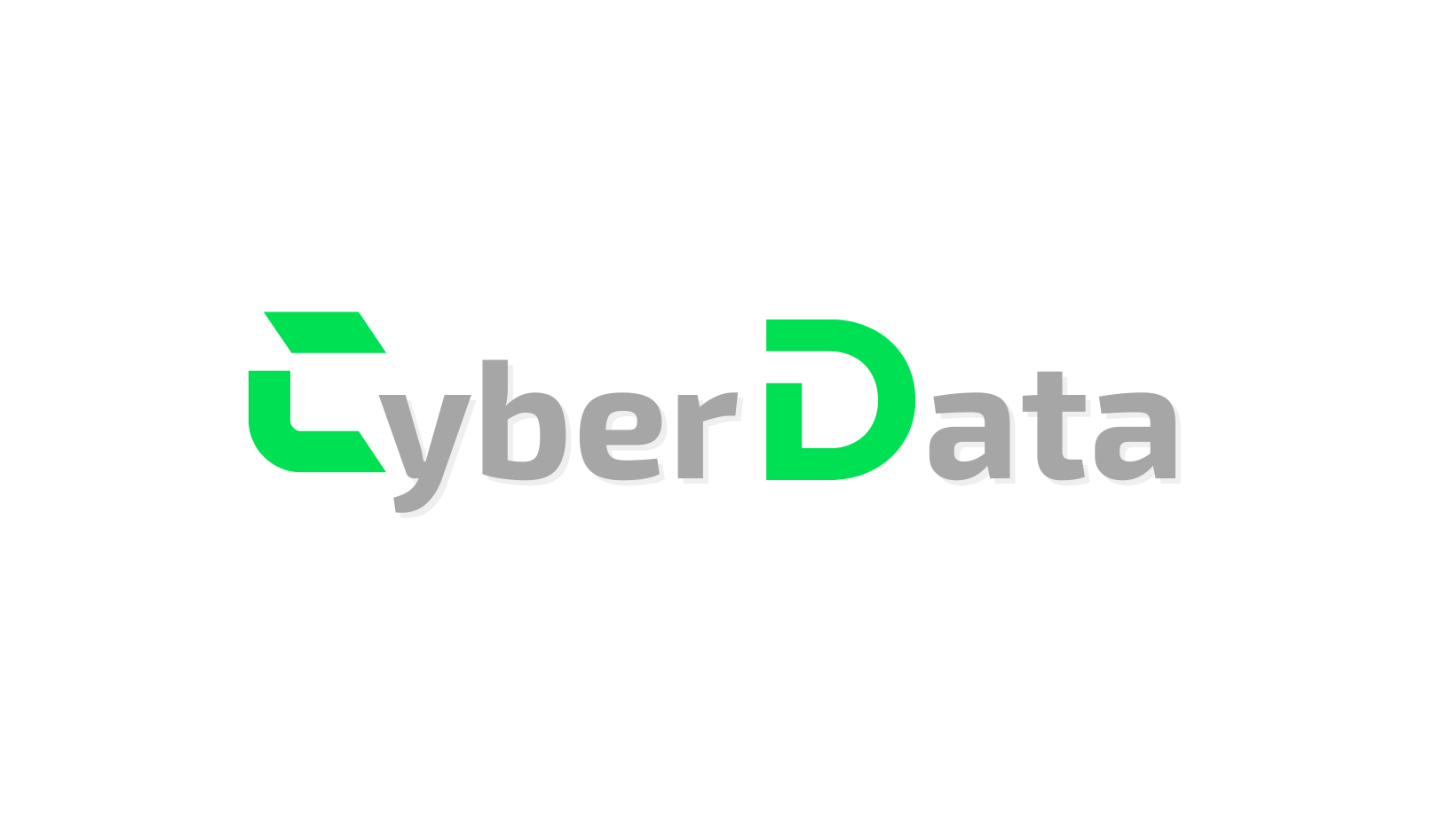Mass Data Leaks: The Unseen Battle for Privacy
The World’s Data, Exposed in Bulk
In an era where bytes buy influence and data brokers rival oil barons, the news of China’s record-smashing leak of over 4 billion user records is a digital thunderclap. It isn’t just a security lapse—it’s a case study in cyber irony: profiles built for surveillance now circulate freely, leaving privacy more myth than reality.
The breach is more than an abstract threat. WeChat and Alipay credentials, financial minutiae, residential details—hundreds of millions caught in a data dragnet now face very human risks, from phishing schemes to full-blown fraud. For governments, it’s a national security migraine. For citizens, it’s open season on personal privacy.

How Did We Get Here? Anatomy of a Mega-Leak
The stage for this unparalleled data spill was set by a 631GB database—left wide open, no password required. Inside: 4 billion records, apparently assembled for large-scale surveillance or user profiling in the name of technological governance. The “wechatid_db” alone boasts a jaw-dropping 805 million records. The carelessness is as breathtaking as the scale.
Data as the Double-Edged Sword
Let’s not be coy: this wasn’t just an absentminded “oops”—it’s a byproduct of systematic data hoarding. When collecting every byte becomes strategy, security becomes afterthought. If adversaries get their hands on such treasures, the consequences amplify from mere individual risk to geopolitical liability.
Global Echoes: Not Just a Chinese Conundrum
China’s breach might set records, but it’s hardly unique. Just ask Blue Shield of California, whose Google Analytics misconfiguration unloaded 4.7 million patients’ data onto the internet. Yes, even stateside, well-meaning tools are Trojan horses if improperly managed.
A Digital Domino Effect
From healthcare to telecom, breaches spill across continents and sectors. The lesson is universal: no data repository is too sacred—or too secure—to escape exposure.
Regulatory Response: Playing Catch-Up
Enter regulators, sometimes striding, mostly sprinting, to close barn doors after data horses have galloped. The EU’s GDPR promises formidable protections, but its power to prevent leaks is still under scrutiny. Meanwhile, American firms like Blue Shield mitigate fallout by waving red flags, encouraging millions to freeze credit and monitor accounts.
Yet, as leaks occur with metronomic regularity, incremental improvements seem insufficient for a problem that’s now existential.
The Ethics: Privacy Versus Progress
Every breach reignites a perennial debate. Is surrendering some privacy just the price of admission to digital modernity, or should society draw a firmer line in silicon? Governments want intel, citizens want autonomy, and somewhere in the middle lurks a metaphorical data broker with a locksmith’s grin.
What’s Next? Toward a Culture of Digital Responsibility
The magnitude of China’s leak should be a global wake-up call—or at least a snooze alarm with international reach. Securing data isn’t just an IT checkbox; it’s a fundamental tenet of 21st-century democracy. If privacy remains optional, soon enough even our thoughts might warrant two-factor authentication. Will AI become our privacy ombudsman—or just another watcher on the wall?



